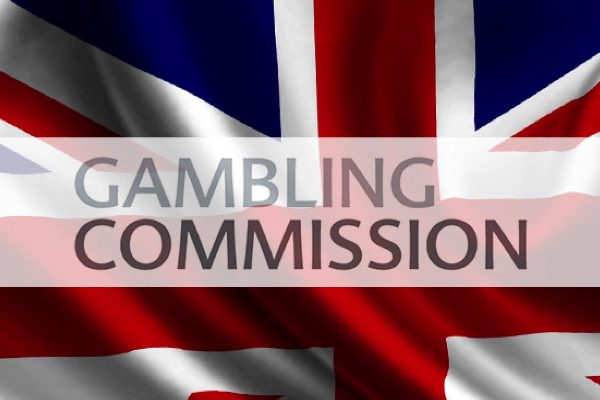UKGC Chief Believes iGaming Has Plateaued in the UK
Andrew Rhodes, CEO of Britain’s gambling and iGaming regulator the UKGC, has stated his belief that the boom in online gambling in the UK has reached a level, rather than experiencing any growth. This comes after reported steady growth precipitated by the impacts of the coronavirus pandemic on the British gambling industry in 2020. This news suggests a natural settling of a market that, in the US and other emerging markets, is currently experiencing a much more upward trajectory.

Rhodes’ claims were made at the ICE expo in London in early February in response to reports that iGaming had seen exponential growth beyond pre-pandemic levels. He said that it had “not gone through the roof” and suggested that those reports otherwise were wide of the mark. He even claimed that the current state of play in the UK gambling industry is settling into its “new normal”, perhaps suggesting that any apparent trends are immaterial and purely superficial. Whether or not he’s correct is something that will be very much up for debate.
“New Normal” Might Mean New Habits
The gambling regulatory chief’s comments on a new normal appear to elude to trends in the industry that perhaps suggest a move away from more traditional forms of gambling into the online sphere, rather than a population rapidly adopting online gaming en masse. From a month-to-month comparison between 2022 and 2021, the level of gambling (both online and offline) has maintained at just under 50%, with both land-based and digital outlets holding an equal share. So, while iGaming may have in fact trended upwards slightly within that time, it has been negated by the trends offline.
Equally of note, and of particular interest to the UKGC and iGaming’s harshest critics, problem gambling has also remained stable in that time. This suggests that the framework in place for operators is providing some respite, at the very least in curbing what was seen to be a worrying trend upwards. In fact, some operators have reported diminishing profits amid a landscape where players are more aware of their limits and putting structures in place to avoid losing money. The number of players losing £200, around $250 dollars, or more in a month are plummeting. This could prove to be a turning point in the UK’s long-term approach to achieving sustainable gambling. That hasn’t made the commission universally popular, though, and it has recently come under fire from lawmakers and industry heads.
MP Labels UKGC “Out of Control”
In January of this year, a notoriously pro-gambling Member of Parliament Philip Davies spoke out about what he saw as negligence and an overreach of power at the very top of the commission. In a damning speech in front of legislatures, he shot out at the UKGC, saying, “It is clear that the Gambling Commission – whose leaders know nothing about gambling – are out of control.” Such an outburst from a politician known to be regularly involved with pressure groups involving leading figures from the industry might not appear to be too damaging. However, the fact that his opinion was backed – and informed – by a bombshell piece of reporting by the UK’s leading horse racing and sports betting publisher, the Racing Post, is.
The Racing Post’s report claimed that the UKGC was overstepping its mark in collecting data when requesting information from a renowned poker player, punter, and bookmaker Joe Beevers. The commission reportedly requested that he, and some of his associates, provide bank statements and other financial information to Smarkets, an exchange betting operator, to prove affordability. The Post described the commission’s approach to applying checks and balances to the industry as “draconian”, and ultimately driving away custom. They also worry that the controversy could have a detrimental effect on British horse racing, potentially placing a stranglehold on one of its vital income lines.
General Market Health
Andrew Rhodes did repute these accusations, however, at ICE. He reassured those in attendance that despite the slight shrinking in terms of profits, the industry is actually in rude health. The largest operators increased their number of bets and new customers by 4 billion and 4 million, respectively, showing that behaviors may have changed but the market still exists. He also shot down suggestions that the commission is overstepping its remit, explaining away many of the reports as “misinformation” and claiming that they have simply asked that operators “consider a range of factors when assessing the risk for a consumer, including the financial situation for a consumer.” This all in the early stages of the year suggests that it will be an interesting year from an insider’s perspective, as well as an outsider’s. Time will tell if the UKGC has found an approach that works for both consumer and operator.
